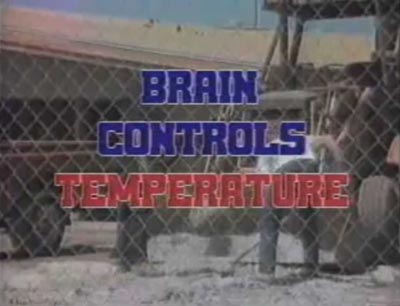‘Life is the continuous adjustment of internal relations to external relations.’ –Herbert Spencer
An Amazonian tribe has no abstract concept of time, say researchers.
The Amondawa lacks the linguistic structures that relate time and space - as in our idea of, for example, “working through the night.”
The study, in Language and Cognition, shows that while the Amondawa recognize events occuring in time, it does not exist as a separate concept. (…)
“We’re really not saying these are a ‘people without time’ or ‘outside time’,” said Chris Sinha, a professor of psychology of language at the University of Portsmouth.
“Amondawa people, like any other people, can talk about events and sequences of events. What we don’t find is a notion of time as being independent of the events which are occuring; they don’t have a notion of time which is something the events occur in.”
The Amondawa language has no word for “time,” or indeed of time periods such as “month” or “year.”
The people do not refer to their ages, but rather assume different names in different stages of their lives or as they achieve different status within the community.
But perhaps most surprising is the team’s suggestion that there is no “mapping” between concepts of time passage and movement through space.
Ideas such as an event having “passed” or being “well ahead” of another are familiar from many languages, forming the basis of what is known as the “mapping hypothesis.” But in Amondawa, no such constructs exist.



